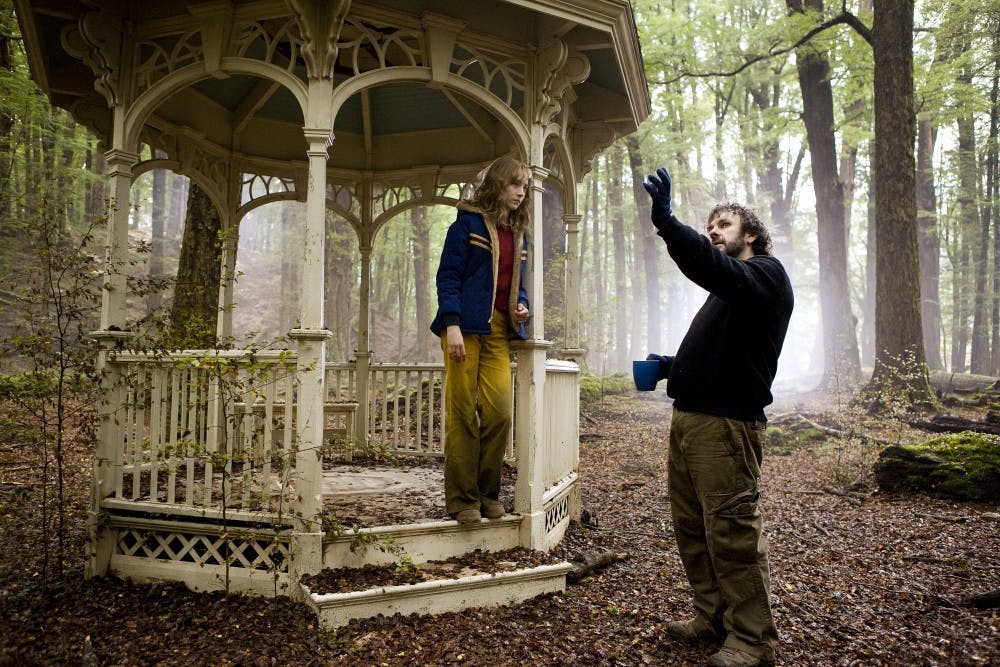The Daily Lobo was offered the chance to participate in a phone conference interview with director of “The Lovely Bones” and the “Lord of the Rings,” Peter Jackson.
The following is an excerpt of the conference. “The Lovely Bones” is based on the 2002 novel by Alice Sebold. It opens everywhere on Friday.
University of Chicago reporter: A behemoth like Lord of the Rings has its own challenges for adaptation. So what sort of challenges or struggles presented themselves in adapting this novel (The Lovely Bones) to film?
Peter Jackson: Well, one of the things that I’m beginning to learn, because you know I’m not hugely experienced at doing this, (is) that … you’re learning all the time. Like every time you make a movie, it’s going to film school each (day) — and you go to class at film school every day.
And you quickly realize that you know you have those two or three main characters, and whereas an author of a book can write subplots, they can have secondary characters, and they can delve into other story lines that aren’t connected to the main story. And it works very well in a novel. It doesn’t work so well in a film.
So, it’s making those decisions. And it’s seeing passages of the book that you really liked, that you assumed you’d put into the movie, but you suddenly haven’t got time for them. And it’s having to say goodbye to characters and to scenes that you were looking forward to doing. But when you start writing the script, you realize that there’s no room for it.
Daily Lobo: You said when you’re making a book about half of it gets cut out. But there are other things that need to be added, such as music cues and cinematography. So how do you add these theatrical elements to a medium that was originally printed?
Peter Jackson: That’s an interesting question. I mean, because that is really when you do know it does become a film, and it does, like you say, it moves away from the source material, the novel. “The Lovely Bones,” in this instance, that (story) was set in 1973. So, that dictated a lot of our music choices.
We wanted the music track to reflect the time in which the film was made. So, we used a lot of music that was, you know, around in the early ’70s. So, we’ve got you know, we’ve got a really good soundtrack.
We also, rather than have a film composer compose the soundtrack score, we actually had Brian Eno, who is a very famous composer from that era of the ’60s and ’70s, and he still works now, but he was a well-known name back in the ’70s. And so we’ve got, you know, Brian doing our background music.
And sound design is important. It’s one of those things that not a lot of people think about the sound when they look at a movie. And I don’t mean the music, now. I mean, the actual, you know, sound effects. And it’s not even the sound effects, meaning the big, loud sounds.
It’s often, in the case of “The Lovely Bones,” we used sound design a lot when we are in the afterlife with Susie. That we just have the atmospheres that are playing in the background of this world that she’s in are different sort of atmosphere sounds that we have here. You know, in our real world.
Get content from The Daily Lobo delivered to your inbox
So, we did want to create a soundscape that is very subliminal, and it’s not something that you consciously think about when you’re looking at the movie. But you’re sitting there in that seat in the cinema, and your ears are just picking up the cues that we’re sending. And sometimes in very subtle ways. It’s not one that people obviously concentrate on too much.






